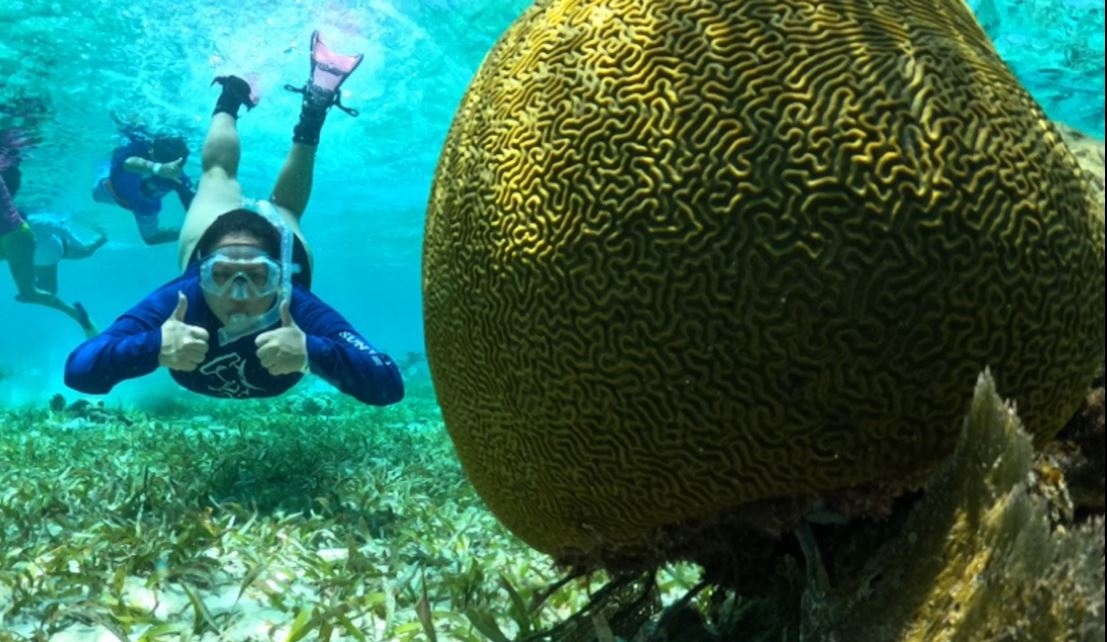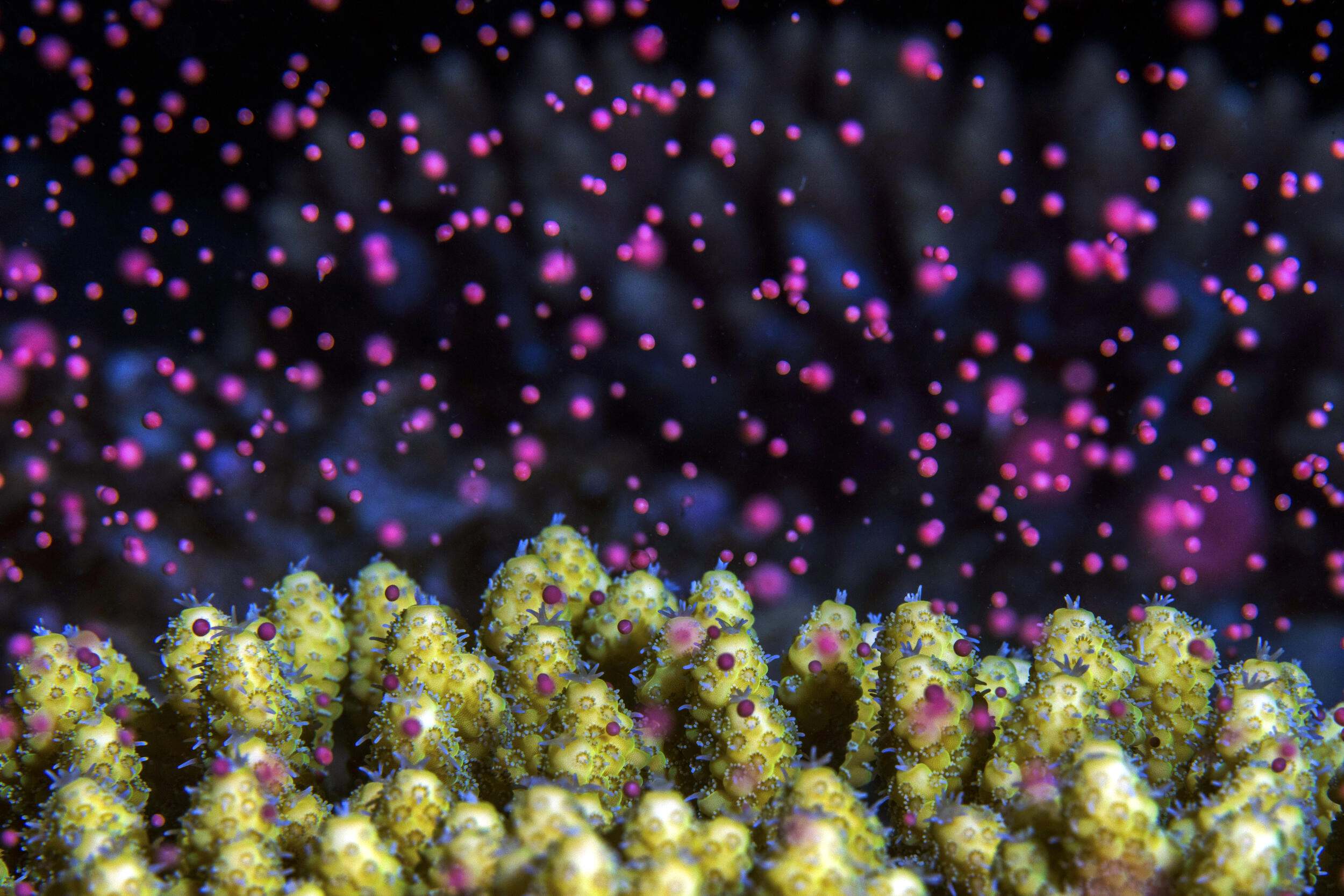In this new paper, the authors highlight the importance of addressing sewage, a global stressor affecting coral reefs. The authors note that of 112 coral reef geographies, 104 have documented sewage contamination problems, with the majority documenting direct ocean discharge. Despite this threat, the authors find that scientists and conservationists have paid less attention to understanding and abating sewage impacts on coral reefs, as compared to other stressors like overfishing. They suggest that reasons for this include the challenges of dealing with a large-scale diffuse threat, the diversity of pollutants involved, the high cost of water-treatment facilities, and bureaucracy. The authors explore how sewage discharge is often mischaracterized as a single stressor in coral reef management and suggest that it is important to recognize that sewage is a conglomerate of many potentially toxic and distinct stressors, including freshwater, inorganic nutrients, pathogens, endocrine disrupters, suspended solids, sediments, heavy metals, and other toxins. The authors state that mitigating the threat of sewage pollution will require: 1) understanding tolerance thresholds that corals have to sewage exposure, evaluating individual contaminants, additive, and synergistic combinations of contaminants; 2) quantifying the spatial extent and magnitude of the sewage discharge problems; and, most importantly, (3) testing both proactive and reactive strategies that can be employed to reduce the adverse impacts of human sewage in tropical coastal waters.
Author: Wear, S.L. and R. Vega-Thurber
Year: 2015
View Full Article
Annuals of the New York Academy of Sciences: 1–16. doi: 10.1111/nyas.12785


